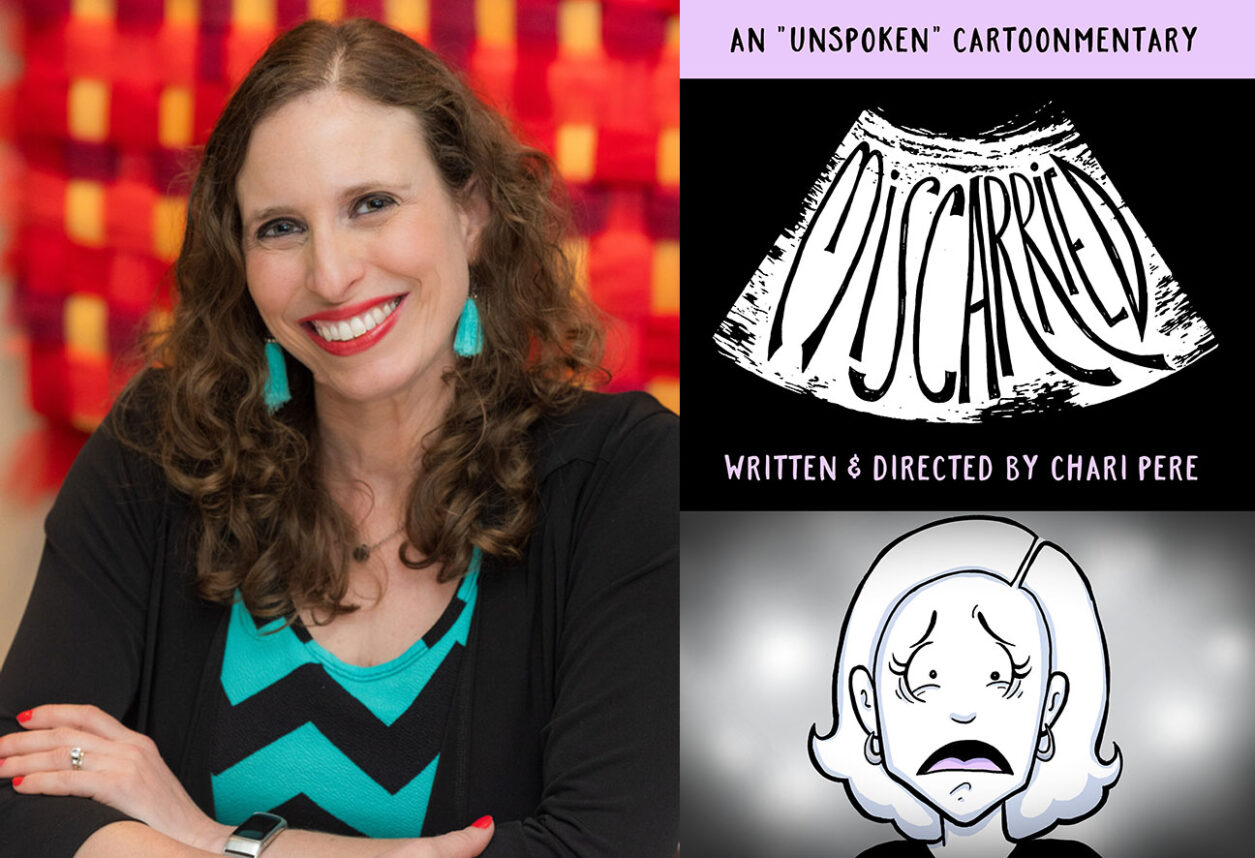Year after year during the first decade of the current century, commentators have proclaimed the death of verifiable watchdog journalism across the United States. The leading cause, many doomsayers opine, is the rise of the Internet. Why would anybody pay for newspaper delivery, a magazine subscription, a cable television plan or even watch advertiser-supported over-the-airwaves television when the “free” Internet is a keyboard stroke away? But, the doomsayers say, depending on bloggers and other Internet denizens for responsible journalism is dangerous. As a result, democratic rule will wither across the nation because those in power will take advantage of trained journalists disappearing.
Why read an entire book about such a depressing topic?
Here are reasons why:
• Most of the discussions about causes and effects come from intensely self-interested parties. Robert McChesney, a university communication professor, and John Nichols, an on-the-ground journalist, authors of “The Death and Life of American Journalism: The Media Revolution That Will Begin the World Again” (Nation Books, $26.95), are about as independent of special interests as possible while remaining informed.
•McChesney and Nichols present their case at book length, which allows for details and nuances often lost in less comprehensive forums.
•After reading descriptions of the crisis that seem repetitive, an intelligent discussion about solutions seems in order. McChesney and Nichols promise that discussion, and they deliver.
To give away at least some of the ending, the solutions involve lots of direct and indirect government assistance to legitimate journalistic enterprises. Quite a few commentators avoid that path because they believe government should never be given an opportunity to control individual journalists or journalism organizations. McChesney and Nichols suggest that such thinking is outmoded and partially deluded.
Readers who want to proceed directly to the solutions would miss these chapters by McChesney and Nichols.
Chapter One: The Internet has contributed to the collapse of for-profit journalism organizations, but that is not the whole story. Greedy or otherwise short-sighted owners of journalism entities began hurting themselves long before the easy accessibility of the Internet. Those owners shunted aside the guardianship of democratic values in favor of a fatter financial payout. Eventually, significant numbers of paying customers figured out they were being shortchanged, so took their eyeballs and their eardrums elsewhere.
Chapter Two: It is too late for longtime owners of for-profit media to revamp their business model to squeeze money from new online operations. Journalism is a public good, and not all public goods—such as lending libraries and food safety inspections—are commercially viable.
Chapter Three: Potential government censorship of journalistic content should not be the beginning point and end point of discussion about systemic repairs. McChesney and Nichols conducted research persuading them that “government in fact created the free press throughout American history with aggressive and often enlightened policies and subsidies. A small sample includes favorable postal rates, copyright protection, allocation of scarce airwaves for broadcast news, funding for public radio and public television channels, court rulings favoring journalists, the Newspaper Preservation Act and moral support through various public speeches. Without this massive government role, it is unlikely that U.S. democracy would have survived, let alone blossomed.” After all, the Founding Fathers did create the First Amendment, even though some of them probably quietly gagged while doing so.
Chapter Four, tellingly titled “Subsidizing Democracy,” contains the bulk of the discussion about solutions. Here is a cogent summary, in the words of the authors: “immediate measures to sustain journalism, each of which transitions to a permanent subsidy if successful; a plan to convert the collapsing corporate newspaper into what we term a post-corporate digital newspaper, perhaps with some print vestiges intact; converting public and community broadcasting into genuinely world-class civic and democratic media; and spawning a vibrant, well-funded, competitive and innovative news media sector on the Internet.” Various taxes proposed by the authors would pay for much of the new journalism world.
It will be interesting to observe whether the McChesney-Nichols recommendations become part of a serious discussion among policymakers, or fade into oblivion.
Steve Weinberg published his first commentary in a national magazine about the state of journalism exactly 40 years ago. He hasn’t stopped since. Only now, he’s smarter (maybe).





















 More news and opinions than at a Shabbat dinner, right in your inbox.
More news and opinions than at a Shabbat dinner, right in your inbox.